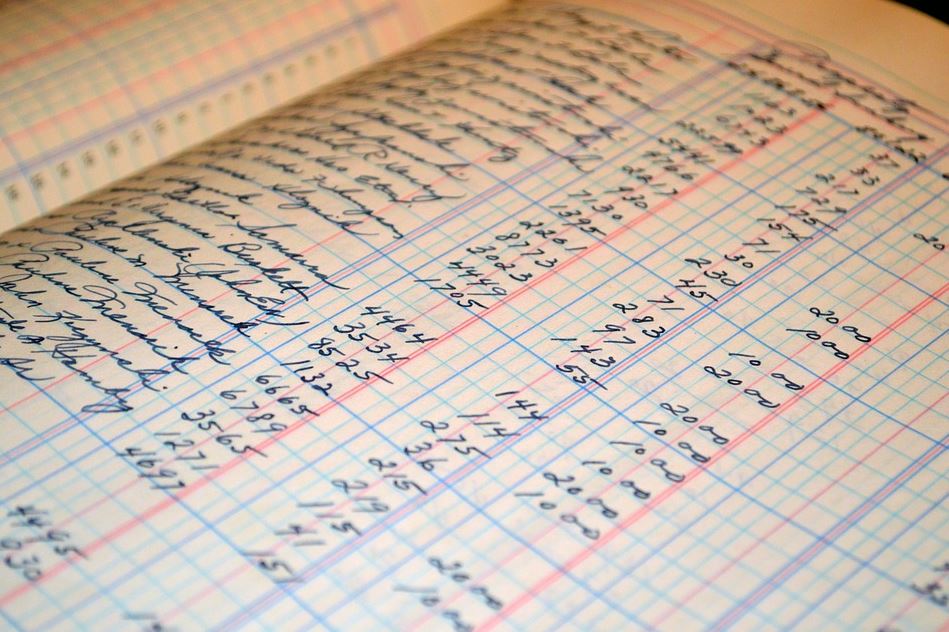Bookkeeping involves recording payments and money coming in, i.e., financial transactions. It is the activity of maintaining records of a business’ financial affairs. The term is a rare English word in that it has three successive double letters: oo-kk-ee.
A person who does a company’s bookkeeping is a bookkeeper.
We can write the occupation as one word or two words with a hyphen, i.e., bookkeeper or book-keeper. The former is more common. Whichever one you choose, however, it is important to stick to it throughout the whole text. Do not switch from the one-word to two-word version or vice-versa in the same article.

Bookkeepers
Bookkeepers record all financial transactions on a day-to-day basis. They make sure that a business’ financial records are up-to-date and accurate. Bookkeeping is part of accounting.
Financial transactions include, for example, payments, receipts, sales that individuals, companies, or other organizations make.
Bookkeeping vs. accounting
Some people use the two terms interchangeably. They shouldn’t because their meanings are not the same. Both functions, bookkeeping and accounting, are vital for every commercial enterprise.
Bookkeeping
This involves recording all of a company’s financial transactions, i.e., money coming in and going out, on a day-to-day basis. Upper management cannot make corporate decisions based on data provided by a bookkeeper.
Accounting
Accounting is all about interpreting and classifying the financial data. Accountants gather financial data, and then analyze, report, and summarize it. Upper management can make corporate decisions based on data that an accountant provides.
Bookkeepers typically bring the books to trial balance. Accountants, on the other hand, prepare the balance sheet and income statement using the ledgers and trial balance that the bookkeeper prepared. The balance sheet shows an entity’s financial status at a specific moment in time; usually at the end of a financial year. It may also cover just a three- or six-month period, i.e., a quarter or half-year.
Today it is all computerized
In the past, a company’s books were maintained manually. Humans entered financial data using a quill, pen, biro, or pencil. Today, in most cases, it is all done with the use of computer programs, i.e., software.

Computerization has done away with most of the paper ‘books’ that bookkeepers traditionally used to record financial transactions. Today, businesses and other organizations use relational databases. However, software programs still enforce traditional bookkeeping double-entry or single-entry systems.
In the United States and some other English-speaking countries, a CPA is a Certified Public Accountant. The British, Irish, Indian, Australasian, and South African equivalent is a Chartered Accountant.
